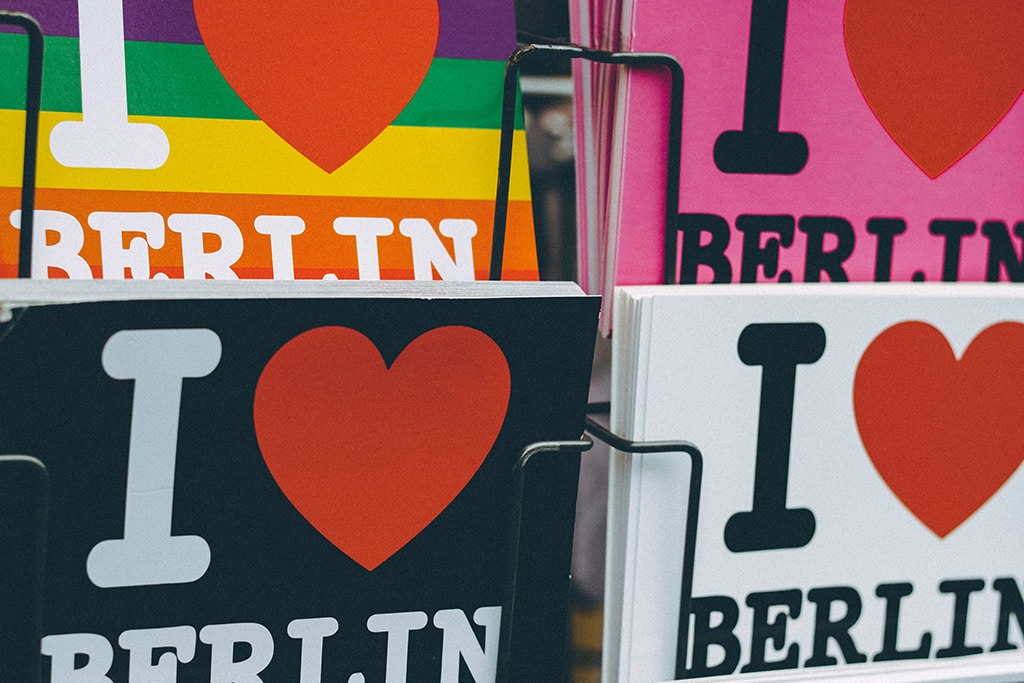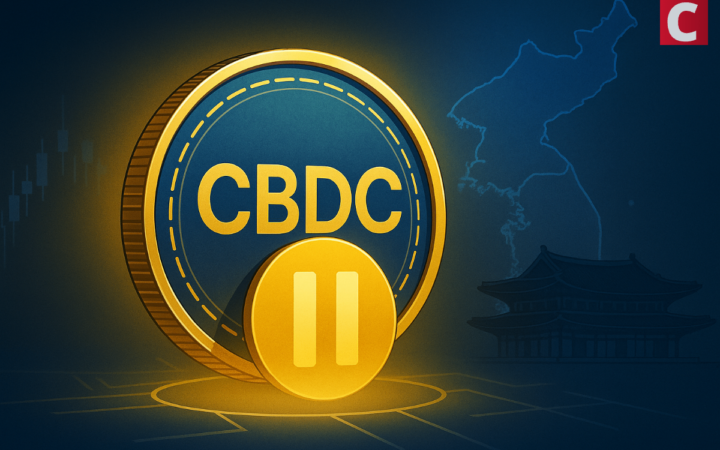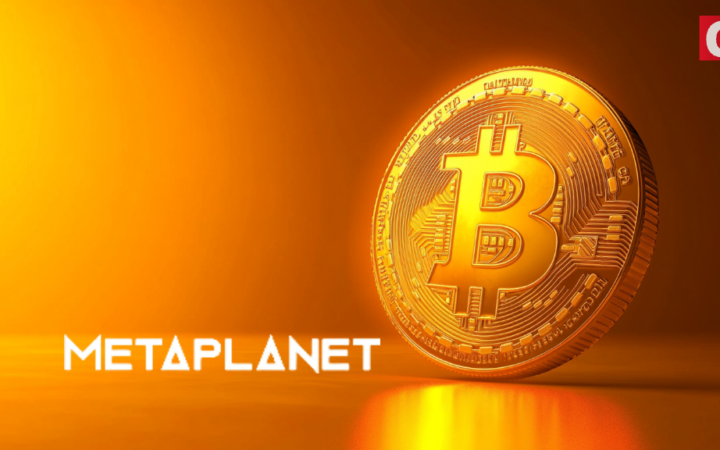
Crypto fanatic, writer and researcher. Thinks that Blockchain is second to a digital camera on the list of greatest inventions.
This Western European country is now tied with the US as the most crypto-friendly economy.

Crypto adoption went mainstream last year, which many people believe was the breakthrough that the industry needed. Although the crypto market saw an increase in global regulation, it also saw a ton of institutional adoption, which saw it rise to a $3 trillion market cap.
Global crypto adoption saw an unprecedented rise of 880% in 2021, according to Chainalysis, with TripleA revealing that there are over 320 million crypto users worldwide.
A recent crypto ranking report from Coincub revealed that Germany was one of the countries to witness a surge in cryptocurrency activity. The Western European country moved up three places to topple the rest of the crypto economies across the globe, before being joined later on by the United States, which moved up from the third spot in the first quarter of the year.
Germany is not known to be a global crypto powerhouse, but that could change in the next couple of years due to the rate of adoption and crypto activity in the country. Germany is amongst the few economies that legally recognize licensed cryptocurrency exchanges as well as wallet providers as part of the financial services industry.
The country has implemented a zero-tax policy on capital gains of Bitcoin (BTC) and Ethereum (ETH) held for more than a year. Germany has also scored big with its progressive crypto regulation, a high volume of crypto holders, Bitcoin nodes, and a favorable tax system. Although there is still no specific crypto use regulation in the country, the German Banking Act, however, allows banks to have custody of cryptocurrencies.
A lot of Germany’s success in the crypto space this year has been attributed to financial services firm Sparkasse and their project that enables 50 million users to buy Bitcoin directly from their bank accounts.
The country has always taken a proactive approach to cryptocurrency and its regulation but reaffirmed that stance when it adopted a national blockchain strategy in 2019. That decision aimed to make the country a blockchain and crypto hub as well as harness the technology’s potential for advancing digital transformation, including the development of blockchain, Web3, and metaverse applications.
The effort from the German government looks to have paid off as the 2022 Global State of Crypto report by Gemini stated that 53% of Germans admit to being “crypto curious,” while 43% of high-income Germans own crypto assets. The report also revealed that almost 17% of all Germans own some form of cryptocurrency, while 46% of its female population owns crypto, a figure which is one of the highest in the world.
In June 2021, Germany’s Federal Financial Supervisory Authority (BaFin) issued the first crypto custody business license for the global crypto exchange Coinbase. BaFin oversees crypto authorization in the country.
In the early stages of July, German financial services company EQONEX Limited launched a physically-backed bitcoin ETN for German investors, which was its first ever product.
Germany’s central bank also supports crypto-assets and CBDCs but is, however, waiting for clear and sound regulations before deploying any project.
The only dent in the country’s seemingly spotless crypto slate is the absence of decentralized finance (DeFi), which the country is not currently adopting. The current development and measures in the country’s crypto space, however, give hope that there could be a future where Defi is welcome in Germany.
Disclaimer: Coinspeaker is committed to providing unbiased and transparent reporting. This article aims to deliver accurate and timely information but should not be taken as financial or investment advice. Since market conditions can change rapidly, we encourage you to verify information on your own and consult with a professional before making any decisions based on this content.

Crypto fanatic, writer and researcher. Thinks that Blockchain is second to a digital camera on the list of greatest inventions.




